Syria's army Wednesday launched a fierce assault in the Damascus region, shelling rebel neighbourhoods and sealing main entrances to the capital, witnesses said, as prospects for peace talks dimmed. Shattering months of relative calm in Damascus, the offensive coincided with two suicide car bombings that killed almost 20 members of the security forces in the ancient city of Palmyra, a watchdog reported.
It came as an offer by opposition leader Ahmed Moaz al-Khatib for peace talks with President Bashar al-Assad's regime suffered sharp setbacks, with Damascus ignoring it and a key opposing faction flatly rejecting the initiative. The surprise gesture by Khatib, head of the opposition National Coalition, was welcomed by the United States and the Arab League and was expected to receive the backing of the Organisation of Islamic Co-operation.
Assad himself has yet to comment on the offer by Khatib, who stepped up the pressure on the regime to engage in talks by setting a deadline of Sunday for the release of all women held in Syrian prisons. "These things cannot wait until judgement day," Khatib told BBC Arabic. "The demand that the women are released means that if there is one single woman still in prison in Syria on Sunday, I consider that the regime has rejected my initiative," he said.
The Syrian National Council, the main component of the Coalition, has rejected the possibility of any talks, saying it is committed to ousting Assad's regime, rejecting dialogue with it, and protecting the revolution. Khatib defended his decision to meet Iranian Foreign Minister Ali Akbar Salehi, a move the SNC criticised, while also appealing for the opposition to "declare our willingness to negotiate" the regime's departure.
Khatib announced last week he was ready for talks with the regime, subject to conditions including the release of 160,000 detainees. He later said he was ready to meet Vice President Faruq al-Sharaa. In the past the opposition has demanded Assad step down before talks can begin, but analysts say Khatib's change in stance stems from a belief the population will be bled dry while the West fails to act.
In the south-central city of Palmyra, two suicide car bombings targeting a military intelligence headquarters killed 19 members of the security forces, the Observatory said. The watchdog said at least 122 people - including 32 civilians, 51 rebels and 39 troops - were killed nation-wide on Wednesday.
BR100
15,059
No Change
0 (0%)
BR30
42,931
No Change
0 (0%)
KSE100
148,815
No Change
0 (0%)
KSE30
45,206
No Change
0 (0%)





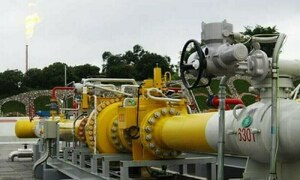

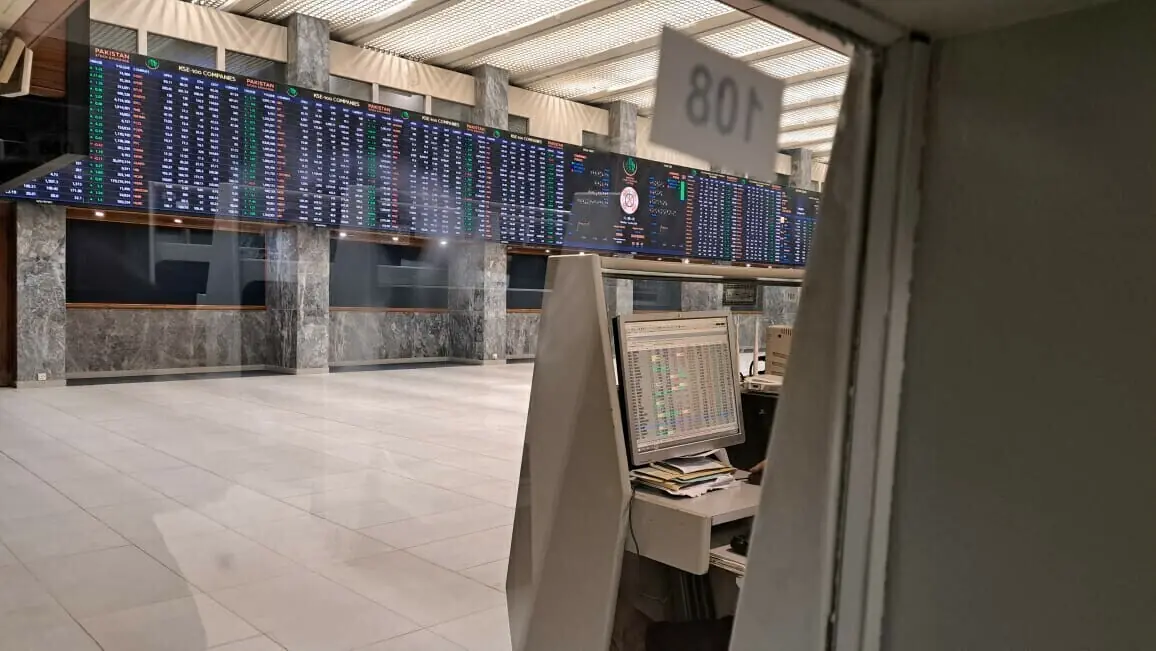



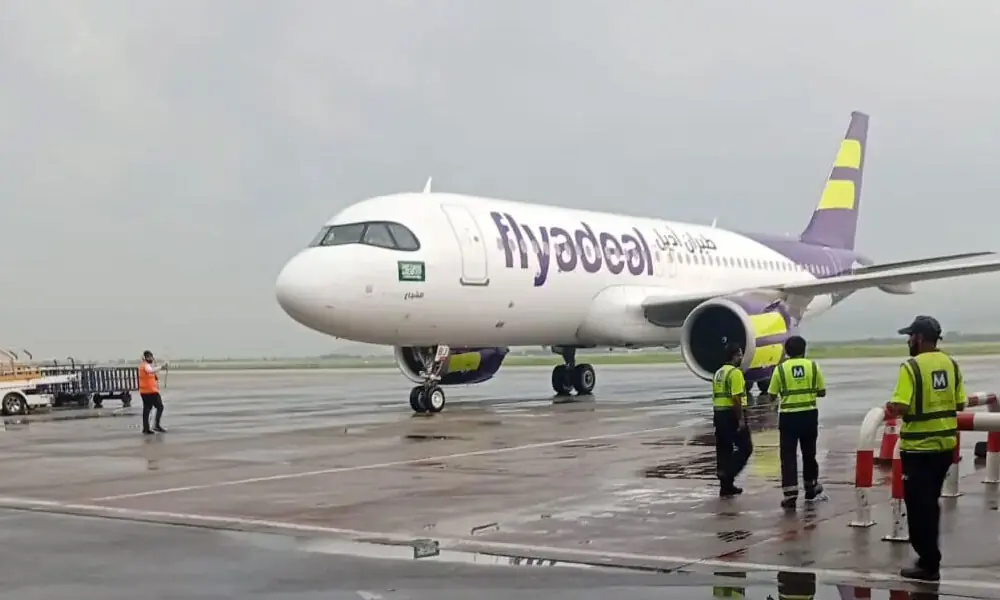

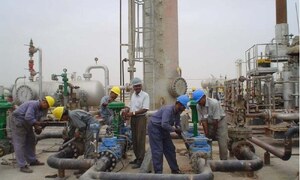
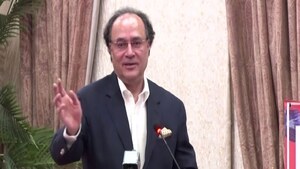


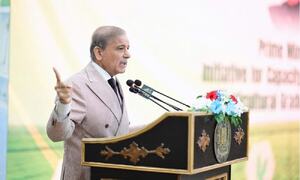
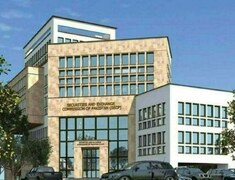


Comments
Comments are closed.